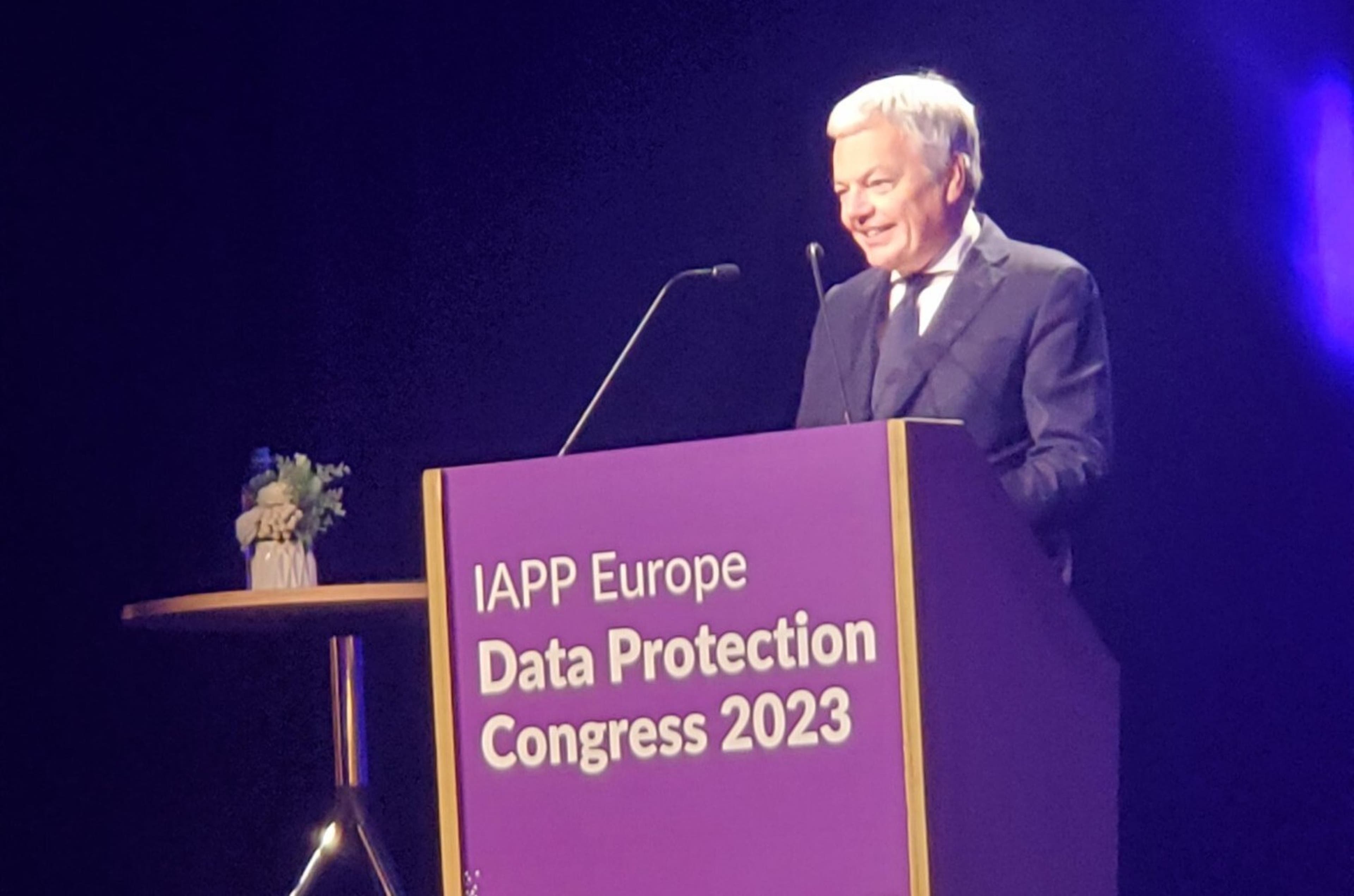European Commission proposes adequacy for EU-Brazil data transfers


Published:
Contributors:
Gabriela Silveira Bueno
CIPP/E, CIPM, CDPO/BR, FIP
Attorney; Data protection & AI manager
Opice Blum
Tiago Neves Furtado
CIPP/E, CIPM, CDPO/BR, FIP
Partner
Opice Blum
Editor's note: The IAPP is policy neutral. We publish contributed opinion and analysis pieces to enable our members to hear a broad spectrum of views in our domains.
On 5 Sept., the European Commission published a draft adequacy decision proposing to recognize Brazil as providing a level of personal data protection essentially equivalent to the European legal framework. The objective is to enable international data transfers from the European Union to Brazil with greater legal certainty and reliability.
Key findings supporting Brazil's adequacy status
In its draft adequacy decision, the European Commission concluded Brazil provides an "essentially equivalent" level of data protection to the EU, paving the way for smoother data flows between the two jurisdictions.
The assessment emphasizes Brazil's robust constitutional and legal framework, noting that privacy and data protection are enshrined as fundamental rights in the Federal Constitution and reinforced by the country's comprehensive General Data Protection Law.
The LGPD mirrors the EU General Data Protection Regulation in many of its core definitions and principles. Brazil's adherence to international human rights conventions — such as the American Convention on Human Rights and the recognition of the binding authority of the Inter-American Court of Human Rights — adds further credibility to its protections.
The draft also highlights the role of Brazil's independent supervisory authority, the Autoridade Nacional de Proteção de Dados, as a cornerstone of the country's data protection regime. Since its transformation into an autonomous body in 2022, the ANPD has demonstrated both regulatory and enforcement capacity, issuing binding rules, investigating infringements and applying sanctions against public and private entities alike.
The Commission underlined that the authority's independence and wide-ranging powers are critical to ensuring accountability and effective oversight under the LGPD.
Finally, the Commission's analysis focused on the safeguards available to individuals in Brazil including GDPR-like rights of access, rectification, erasure and portability, and redress mechanisms such as complaints to the ANPD, judicial remedies, and the constitutional writ of habeas data.
Importantly, the draft concludes that government access to personal data is subject to strict limitations, judicial authorization and multi-layered oversight by courts, prosecutors and legislative bodies.
Taken together, these elements led the Commission to determine that Brazil's framework delivers the necessary guarantees to uphold an adequate level of protection for personal data originating from the EU.
ANPD moves toward reciprocal adequacy decision
The ANPD is also in the final stages of reviewing the adequacy of the EU. This step reflects months of bilateral negotiations and signals the authority's intent to recognize the EU regime as equivalent, establishing a two-way framework for data flows between the jurisdictions.
ANPD President Waldemar Gonçalves stated the ongoing talks demonstrate a reciprocal and long-term interest in building legal and economic synergies while effectively regulating international data transfers.
He stressed that "the European Union is one of Brazil’s most important trading partners. Having a harmonious legal framework for personal data protection is a strategic measure to boost trade relations with the European bloc, always preserving the rights of data subjects."
The ANPD described the EU–Brazil adequacy decision as "unprecedented in its scope," noting, "This is the most comprehensive process ever conducted by the European Union, both due to the scope and complexity of the analysis and the potential to consolidate Brazil as an international benchmark in data protection."
Beyond facilitating cross-border data flows, the measure is expected to strengthen mutual trust between the jurisdictions and create a more favorable environment for business and innovation.
Next steps
The EU will now move forward with the final steps required for adoption of the adequacy decision, including an opinion from the European Data Protection Board and approval by a committee of member state representatives.
If adopted, the Commission will formally issue the decision, which will take immediate effect, allowing personal data transfers from the EU to Brazil without the need for additional safeguards such as standard contractual clauses.
Following its publication in the Official Journal of the European Union, Brazil will join the list of countries recognized as providing adequate protection by the European Commission. Currently, 16 jurisdictions enjoy this status, including the United Kingdom, Canada, Japan, South Korea, Argentina and Uruguay — a recognition that further underscores Brazil's growing strategic role in the global data protection landscape.
Gabriela Silveira Bueno,CIPP/E, CIPM, CDPO/BR, FIP, is an attorney and data protection and AI manager, and Tiago Neves Furtado, CIPP/E, CIPM, CDPO/BR, FIP, leads the Data Protection and Artificial Intelligence and the Incident Response Team at Opice Blum.

This content is eligible for Continuing Professional Education credits. Please self-submit according to CPE policy guidelines.
Submit for CPEs


